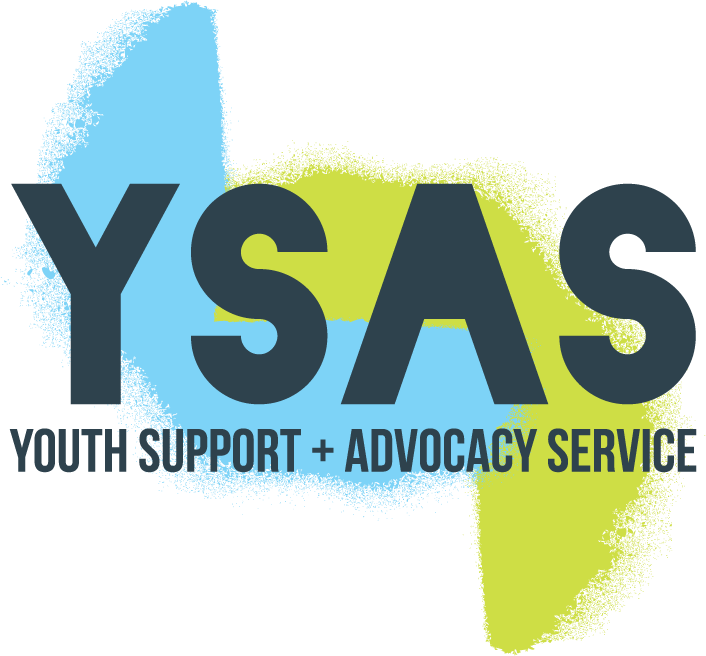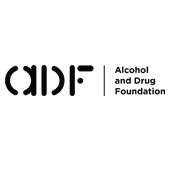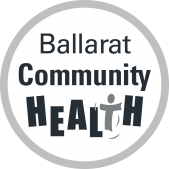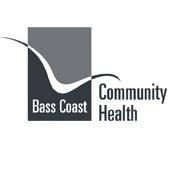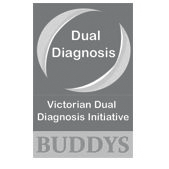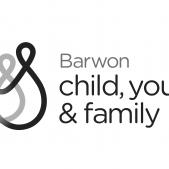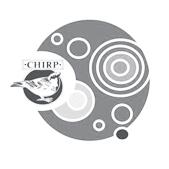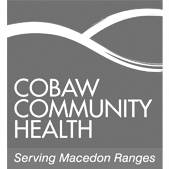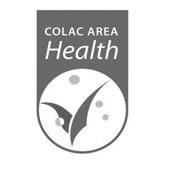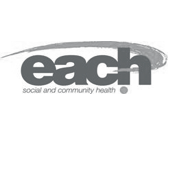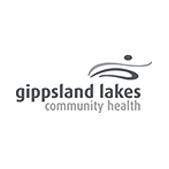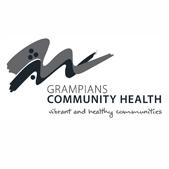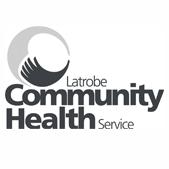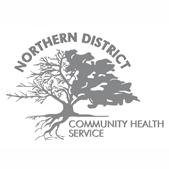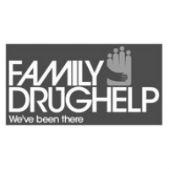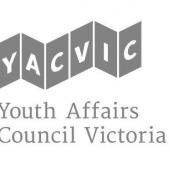Practice
Grampians Community Health Services: Ahead on Ice

Grampians Community Health (GCH) is leading the way with a collaborative, publically-engaging approach to addressing ice use in the region.
GCH is the lead agency for Wimmera Drug Action Taskforce (WDAT) - partnering community, health, education, sports, and other services, along with community representatives and local media – is rolling out a strategic plan covering prevention through to treatment.
The Grampians and Wimmera communities have seen rising ice use since its initial introduction in 2011. After a sharp rise in early 2013, WDAT engaged Anex to run one community and two professional forums. A big attendance was a sign of broader community need and interest in the issue.
As a result, the Wimmera Drug Action Taskforce (WDAT) developed an ICE-specific working group to devise and implement a holistic community strategic plan on the drug. The working group involves a diverse range of partners that include Wimmera Uniting Care, Wimmera Mental Health Services, Salvation Army Connect, Victoria Police, Nexus Youth Centre, Red Cross Save A Mate, Goolum Goolum Aboriginal Co-operative, , Horsham Rural City Council, and Wimmera Mail Times, the local newspaper.
The engagement of local media proved to be WDAT’s greatest asset, with the local newspaper committing to running a two month series, ‘Breaking the Ice’. Fact and figures were published, community forums and treatment options promoted, putting ice completely out in the open. Forums that followed saw 350 professionals and community members attend.
The strategic plan includes two community forums a year, and AOD-free events for young people through Nexus Youth Centre. A Drug Educational program for year 6 students at Horsham primary schools has been implemented, as has a Red Cross harm reduction program run across high schools. Local media have made an ongoing commitment to promote the issues associated with ICE. The aim for these early intervention and prevention strategies is for the community to see ice as a whole of community issue. Building on this, community members are encouraged to participate in supply reduction by reporting suspicious behaviour to Crime Stoppers.
WDAT’s strategic plan also links to treatment and support services: A fortnightly family support group, family counselling for parents of ice users, plus AOD counselling, and referral to detox and rehab.
Though the greatest challenge faced by the Taskforce is the lack of funding, members have been motivated by what can be achieved through community partnership to holistically address ice use in their community.
To find out more about these successes, talk to Brendan Scale, the coordinator of WDAT and AOD counsellor at Grampians Community Health Services, on 03 5362 1200 or Brendan.S@Grampianscommunityhealth.org.au




